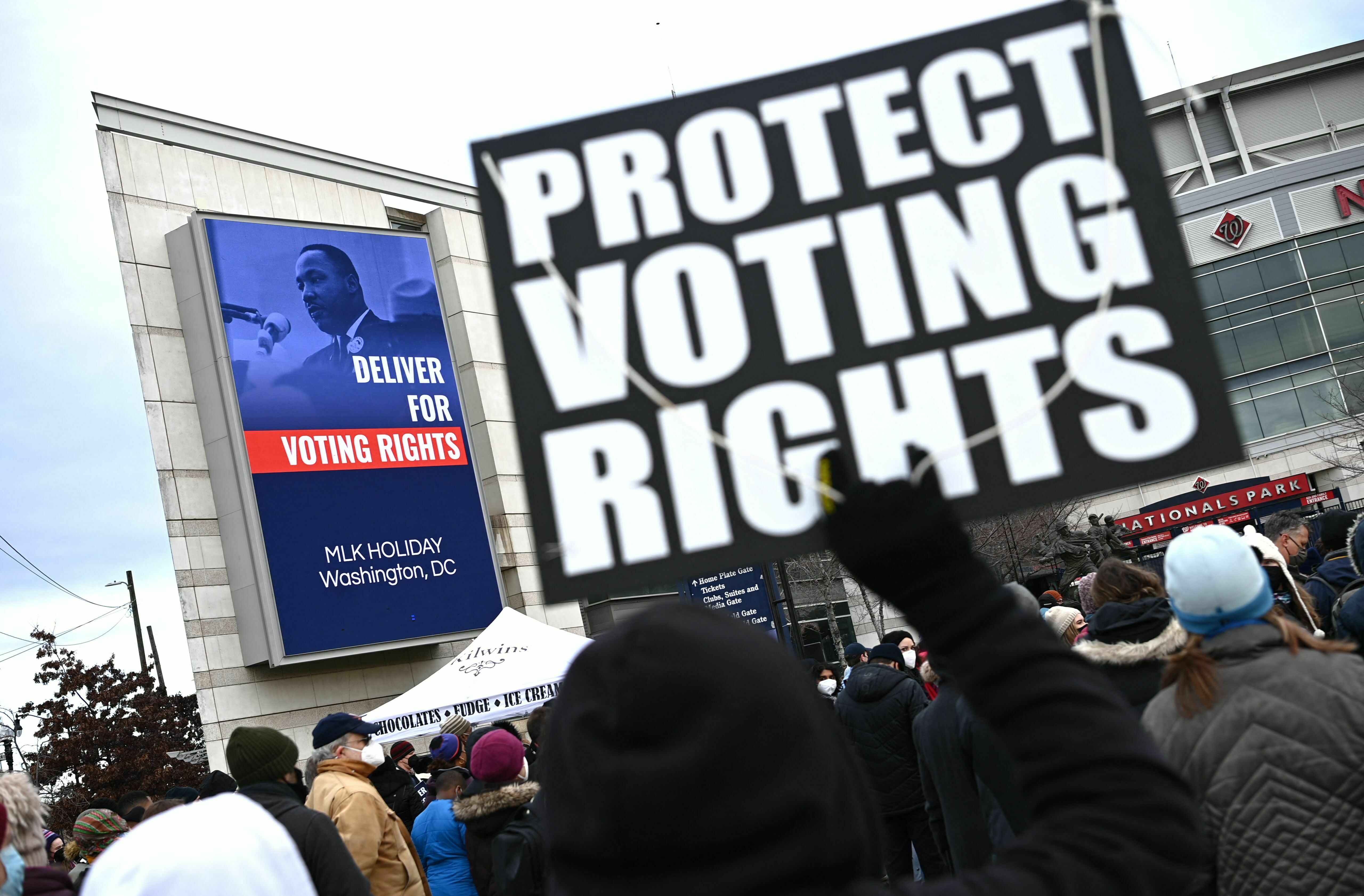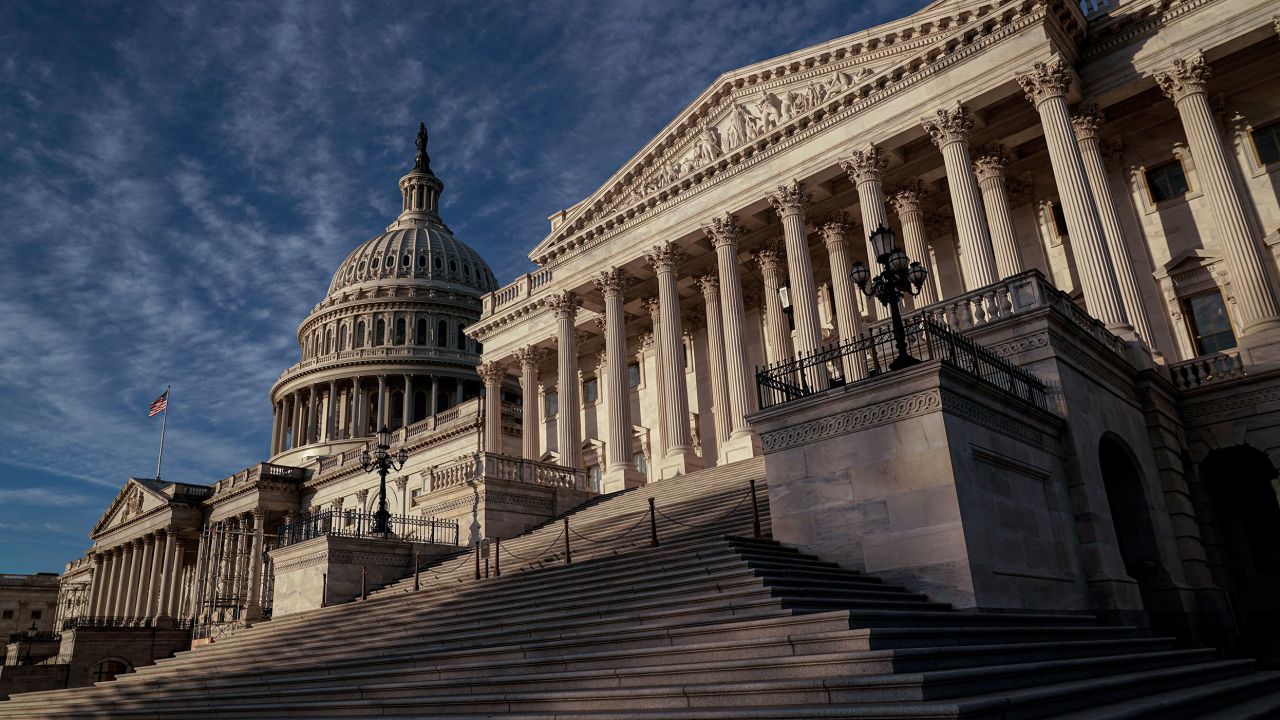The Republican agenda under Donald Trump"s influence is poised to dismantle the very foundations of democracy and social welfare in America. As the midterm elections approach, the stakes have never been higher, particularly for marginalized communities. The recently proposed SAVE Act, which could disenfranchise millions, is just one piece of a larger, calculated strategy to manipulate voting laws and undermine Medicaid.
Voter Suppression Tactics Intensify
The SAVE Act, recently backed by Trump, seeks to impose stringent voter ID requirements that disproportionately impact young people, people of color, and low-income individuals. According to NPR, this legislation intends to crack down on nonexistent noncitizen voting while simultaneously putting up barriers that may disenfranchise eligible voters.
This legislative move follows a disturbing trend among Republican-led states, including Georgia and Missouri, which are working to eliminate early voting and make it more difficult for citizens to initiate ballot measures. Such actions are not just administrative changes; they represent a systemic effort to suppress the voices of those who have been historically marginalized in the electoral process.
Medicaid Cuts and Wealth Inequality
Accompanying the voter suppression tactics is a federal budget bill that threatens to slash Medicaid funding while simultaneously expanding tax breaks for the wealthy. This blatant prioritization of corporate interests over the needs of the working class is indicative of a broader trend that exacerbates wealth inequality in the United States.
According to HHS.gov, Medicaid eligibility varies by state, but millions rely on this crucial program for their healthcare needs. Cutting funding not only jeopardizes their access to essential services but also places additional burdens on an already strained healthcare system.
\n\n
Voting Rights Act"s legal challenges to watch in 2024 : NPR
Legal Challenges Loom
In response to this coordinated assault on voting rights and social welfare, organizations like Democracy Docket are ramping up legal challenges against discriminatory laws. As reported by HHS.gov, these legal battles are critical in protecting the rights of millions who stand to lose their voice in the electoral process and access to essential health services.
Marc Elias, a prominent election lawyer, has successfully fought against voter suppression tactics in the past, but the upcoming battles will be more complex and expensive. The urgency for progressive activists to mobilize and protect democracy cannot be overstated, as the stakes continue to rise.
State-Level Battles for Democracy
The fight against voter suppression and healthcare cuts is not limited to federal legislation. State-level initiatives are equally crucial. In Utah, for example, the Republican legislature is considering changes to how courts are selected, which could further entrench their power and limit fair judicial oversight. According to Wikipedia, this is part of a larger strategy outlined in Project 2025, aimed at consolidating Republican power by changing electoral and judicial processes.
The implications of these moves are profound. If states continue to manipulate election laws and undermine judicial integrity, the fundamental right to vote could be at risk. Moreover, as states like North Carolina stall the certification of Democratic judges, the integrity of our judicial system is increasingly under threat.
\n\n
John King breaks down possible outcomes of the key Senate races
Mobilization is Key
As the Republican Party executes its strategy of disenfranchisement and budget cuts, the urgency for mobilization among progressive circles becomes critical. The fights to protect voting rights and social welfare programs like Medicaid are interconnected, and the failure to address one will inevitably impact the other.
Activists must remain vigilant and organized to confront these challenges head-on. The landscape of American democracy is at a tipping point, and the actions we take now will determine the future of our electoral process and social safety nets.







![[Video] Gunfire between Iraqi security forces and Sadr militias in Baghdad](/_next/image?url=%2Fapi%2Fimage%2Fthumbnails%2Fthumbnail-1768343508874-4redb-thumbnail.jpg&w=3840&q=75)
